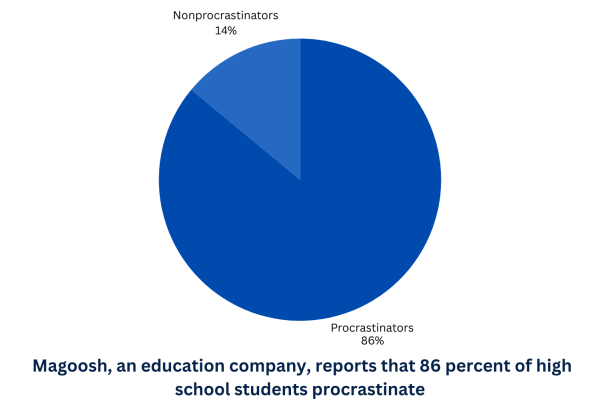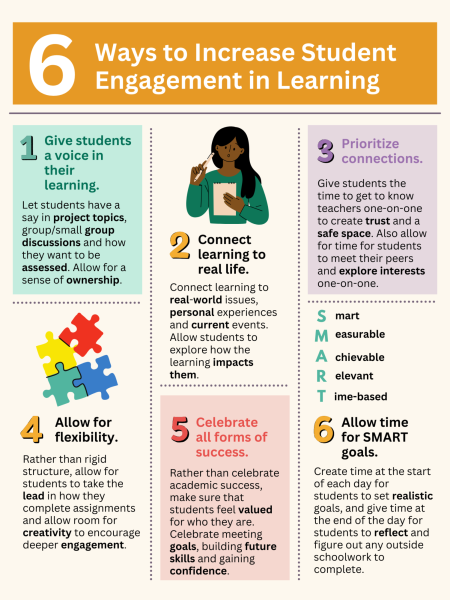White feminism is not feminism
Left corner photo courtesy of Jonathan Eyler-Werve from flickr, right corner photo courtesy of Silvia Maresca from wikipedia commons, bottom photo courtesy of OpenRoadPR from pixabay. Photo collage by Rowan Hornsey.
Many modern posters or campaigns take a light-hearted approach to the issue of women’s rights which is potentially problematic while others specify issues that relate directly to the root of the problem.
The average wage gap for women in the United States is currently $0.80 for every $1.00 a man makes doing the same job. Out of the 535 members of the 116th Congress of the United States, just 23.7 percent are women. One in three women has experienced some form of physical violence by an intimate partner. In the 2018 publication of Fortune magazine’s 500 largest companies, just five percent of CEOs were women. Globally, 65 million girls are not in school.
These facts, as some may say, are crystal clear.
Each fact presented tells a different story regarding sexism in both America and across the world. These facts reflect an entire gender having been hindered from succeeding equally to men.
If I were to guess, a vast majority of the women currently living in the United States have heard these exact facts or some close variation of them. Those statistics are published everywhere; from the Washington Post to the Los Angeles Times, the truth behind surface-level sexism across the world has touched Americans coast to coast, whether they even acknowledge the truth or not.
And obviously, those stories aren’t fiction, no, they’re the consequences cultivated by the hundreds of years of systematic oppression against women.
White women, that is.
To be candid, the facts above don’t even touch the surface of sexism in the world today; in fact, our nation’s treatment of women of color has for too long been left in the kitchen to rot.
Yet I am absolutely enraged by the idea that surface-level sexism is what merely needs to be addressed by the modern feminist movement. Only the “80 cents to the dollar” or the “23.7 percent of Congresspeople are women” are the headlines that make the news. However, the disgusting and overlooked truth is that women of color, LGBTQ+ women, immigrant women, disabled women, non-cisgendered white women bear the brunt of the ugliest sexism in America. To put it simply, they aren’t even making 80 cents to every man’s dollar.
From 1964 to 2006, just 70 women of color had been elected into U.S. Congress. Not 70 women in one election, not 70 women elected over the course of a decade. No, over 42 years of U.S. elections, candidacies, town halls, party donations, commercials and pamphlets, just 70 women of color were elected into Congressional office.
And rarely have I ever been taught those facts in school. Rarely do I see white women, particularly white women in Libertyville, stand up for our sisters of all races, sexualities, origins, religions, ethnicities and even socioeconomic statuses.
When my female and even male peers attended the women’s march, it was far too often for a photo on Instagram or for a poster’s tag line being tweeted on Twitter. And while women of all backgrounds experience various sexist treatment, it is irresponsible as well as ignorant of us to merely advocate for the issues that impact women who share only our same experiences and only our same backgrounds.
On Instagram, I once saw a picture of a poster, being held by a white woman at the 2017 Women’s March, that read “If Hillary had won, we’d all be out to brunch right now.” That poster, for me, is the epitome of white feminism. The racism that’s embedded within sexism, the homophobia that’s embedded within sexism, the prejudice that is embedded within sexism, that has existed and will exist far beyond the 2016 election. Only when the issues began to touch millions of white women did they stand up to march, to march for their causes and solely their causes, may I add.
In actuality, that poster translates to “if this hadn’t happened to me, I wouldn’t care right now.”
I am sick and tired of individuals patting themselves on the backs for being feminists. And I too fall guilty to these habits! But feminism isn’t about showing off. Feminism isn’t the sticker that you put on your Chromebook or the t-shirt that you buy at the store. Feminism is about lifting women, all women, up from systemic worldwide oppression. Feminism is complex, it involves a lot more than a poster at a march or a Hillary Clinton tweet.
If I don’t advocate for the Mexican mother bringing her children to America in search of a safer life, what kind of feminist am I? If I don’t address the horrific treatment of women in our nation’s closest Middle Eastern ally, Saudi Arabia, what kind of feminist am I? If I don’t condemn massive corporations such as Nike or Amazon or Gap (the list goes on) for using female sweatshop labor, and to some extent, even slave labor, what kind of feminist am I?
And at the end of the day, here I write to you as a white, privileged, 17-year-old student who is blessed every day to wake up in the home she does. Here I write to you, white women, asking you to stand up for more than the Women’s March, invest your money into more than a “Girl Power” t-shirt, listen to more than only the women who look and sound just like you.
This article has not been, and never will be, about me. I am not here to “speak on the behalf” of the millions of women who are silenced each day; they have a voice. I am not here to pretend I know what it is like to be systematically oppressed due to the color of my skin; I never will. I will never understand the struggles of my sisters all across the globe, for I do not live their lives, so what right do I have to hold my voice above theirs?
Instead, I’m here to express to you the responsibility that we all have as feminists: to listen to the women who we claim to stand behind. I wrote this article because I am sick and tired of the white feminist narrative that claims we must prioritize the social issues that merely look and sound like us white women. I’m sick of walking through the hallway in Libertyville High School and seeing white women talk about the importance of feminism without even touching on the importance of intersectionality.
Being a feminist means knowing that all women, especially all non-white women, have a voice, a voice that deserves to be heard. Being a feminist means knowing that there is more power, more equity, in standing beside your sisters instead of standing in front of them.
Feminism is not about you, it is not about me, it is not merely about the individual. Feminism is about lifting up all women, women of every age, every size, every ethnicity, every race, every socioeconomic status, every sexuality, every disability, every country, everywhere in the world.
So what kind of feminist are you?
Works Cited
Black, M.C., Basile, K.C., Breiding, M.J., Smith, S.G., Walters, M.L., Merrick, M.T., Chen, J. & Stevens, M. (2011).The national intimate partner and sexual violence survey: 2010 summary report. Retrieved from http://www.cdc.gov/violenceprevention/pdf/nisvs_report2010-a.pdf.
History, Art & Archives, U.S. House of Representatives, Office of the Historian, Women in Congress, 1917–2006. Washington, D.C.: U.S. Government Printing Office, 2007. “Women of Color in Congress,” https://history.house.gov/Exhibitions-and-Publications/WIC/Historical-Data/Women-of-Color-in-Congress/ (January 22, 2019)
Kurtzleben, Danielle. “A Record Number Of Women Will Serve In Congress (With
Potentially More To Come).” National Public Radio, 7 Nov. 2018. National
Public Radio, www.npr.org/2018/11/07/665019211/
a-record-number-of-women-will-serve-in-congress-with-potentially-more-to-come.
Sheth, Sonam, et al. “6 charts show how much more men make than women.”
Business Insider, Insider Inc., 27 Aug. 2018, www.businessinsider.com/
gender-wage-pay-gap-charts-2017-3.
“Top 10 Facts You Don’t Know
About Girls’ Education.” ABC News, 7 Oct. 2013.
ABC News, abcnews.go.com/beta-story-container/International/
10-facts-girls-education/story?id=20474260.










